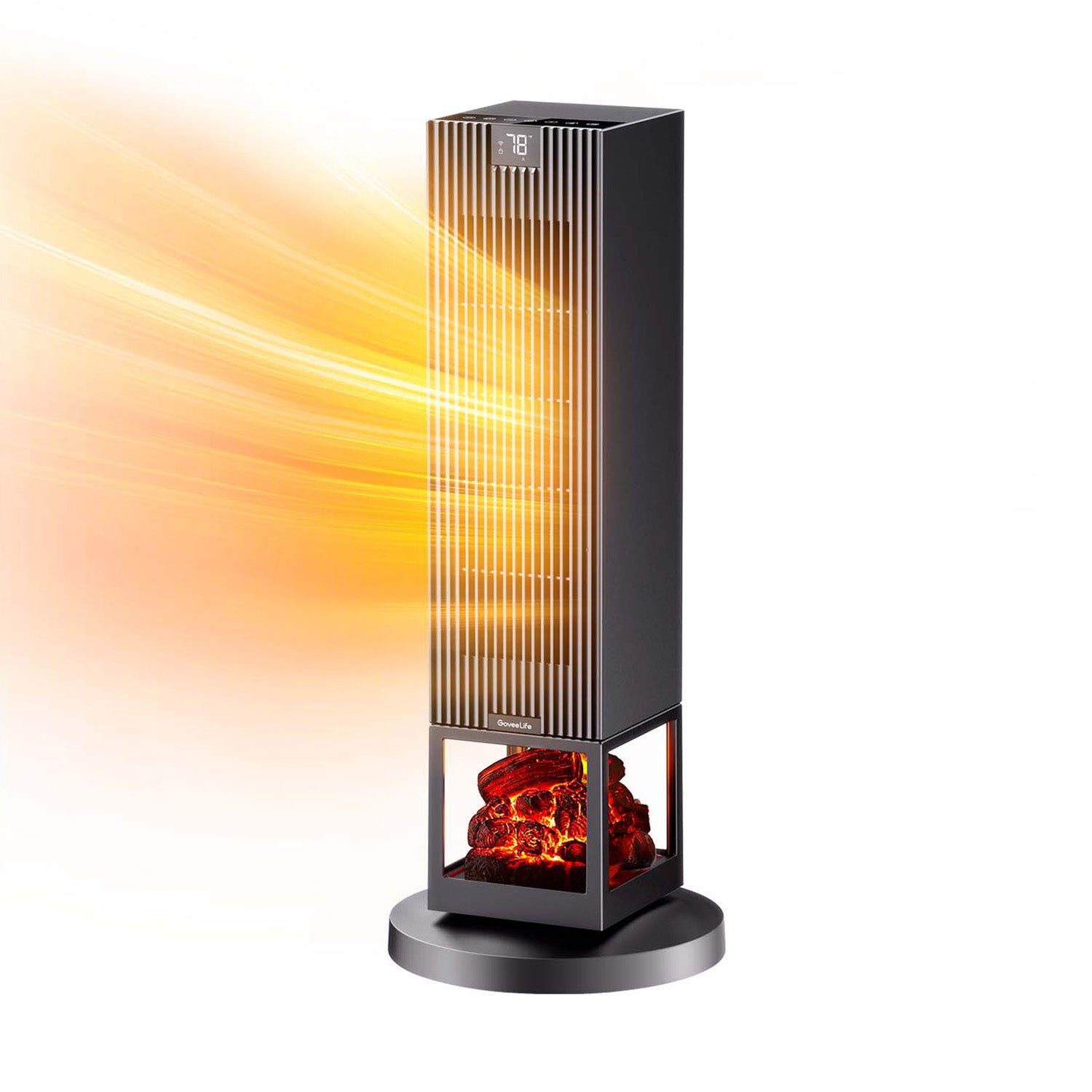In recent years, technology has made its way into every aspect of our lives, making daily tasks more convenient, efficient, and enjoyable. One area where innovative solutions are making a significant impact is in pest control, specifically aiming to combat mosquitoes. Introducing the Smart Mosquito Repellent System – a cutting-edge, intelligent solution designed to keep these pesky insects at bay and protect you and your family from the health hazards they pose.
Contents
What is a Smart Mosquito Repellent System?
The Smart Mosquito Repellent System is an advanced, technology-driven approach to managing mosquito populations around your home, office, or outdoor spaces. Combining the latest advancements in sensor technology, AI-driven algorithms, and safe, eco-friendly repellents, this system offers a highly effective and user-friendly way to keep mosquitoes away.
Key Features
- Sensor Technology: The Smart Mosquito Repellent System employs state-of-the-art sensors to detect the presence of mosquitoes in the vicinity. These sensors can identify the unique sound frequencies produced by mosquito wings, ensuring that the system only activates when needed.
- AI-Driven Algorithms: The system uses sophisticated algorithms to analyze data from the sensors, predicting mosquito activity patterns and adjusting the intensity and duration of the repellent release accordingly. This ensures optimal efficiency and minimizes the amount of repellent used.
- Eco-Friendly Repellents: The Smart Mosquito Repellent System uses only safe, non-toxic, and environmentally friendly repellents. These repellents are designed to target mosquitoes without harming other beneficial insects, pets, or humans.
- Customizable Settings: The system allows users to fine-tune its settings to suit their needs and preferences. This includes adjusting the sensitivity of the sensors, the intensity of the repellent, and setting up schedules for automatic activation during specific hours.
- Smart Device Integration: The Smart Mosquito Repellent System can be seamlessly integrated with popular smart home devices, allowing users to control the system remotely and receive real-time updates on mosquito activity and repellent levels.
Benefits of the Smart Mosquito Repellent System
- Health Protection: By effectively keeping mosquitoes at bay, the Smart Mosquito Repellent System helps protect you and your family from mosquito-borne diseases such as malaria, dengue, and Zika virus.
- Cost-Effective: The AI-driven algorithms and customizable settings ensure that the system uses the minimum amount of repellent necessary, reducing the overall cost of operation.
- Environmentally Friendly: Using eco-friendly repellents and minimizing chemical usage, the Smart Mosquito Repellent System is a sustainable solution for mosquito control.
- Convenience: With smart device integration, real-time updates, and customizable settings, the system offers unparalleled convenience, allowing you to enjoy a mosquito-free environment with minimal effort.
Bottom Line
The Smart Mosquito Repellent System is a game-changing innovation in the field of pest control, offering an efficient, cost-effective, and environmentally friendly solution to the age-old problem of mosquito infestations. With its advanced sensor technology, AI-driven algorithms, and seamless integration with smart home devices, this system is set to revolutionize the way we protect ourselves and our families from these disease-carrying insects.















